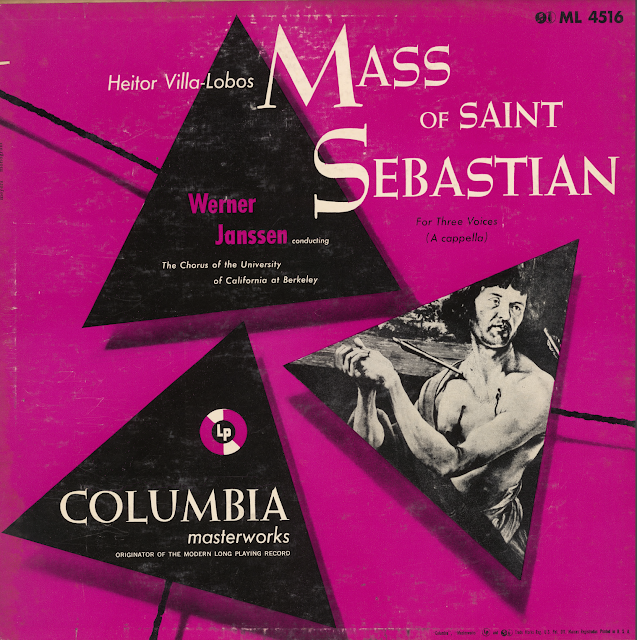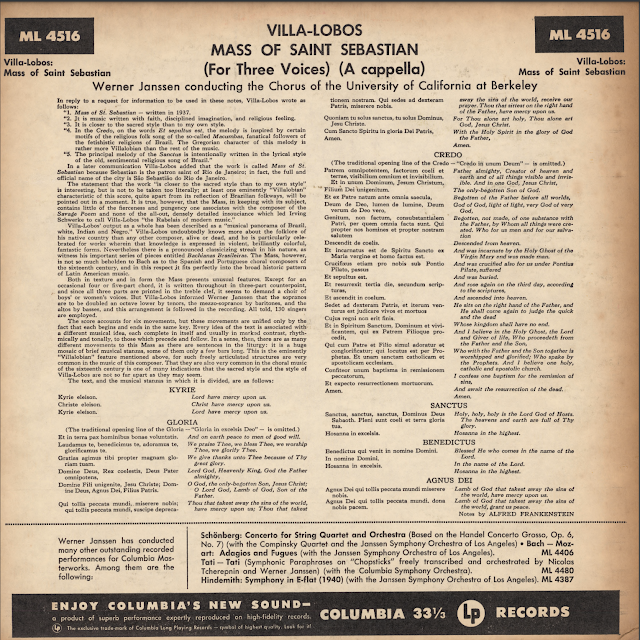From 1978, Julian Bream plays the Twelve Etudes for Guitar & the Suite populaire brésilienne
I've mentioned before that the first Villa-Lobos I ever heard was played by Julian Bream. Here's another classic recording from the great London-born guitarist. By the late 70s, the Villa-Lobos guitar recording gold rush was well underway. With the Preludes and Choros no. 1 a natural fit for one LP, and the Etudes and the Suite populaire brésilienne on another, every classical guitar virtuoso went into the studio to get them down on vinyl. And then, with the extra space on a CD, the new standard was the entire (more or less) solo guitar music on a single disc.
Bream's Etudes are wonderful, solid and secure in the more virtuosic passages, but fluid and alive as something so much more than tools to practice and learn classical guitar technique. The lovely movements of the Suite populaire bresilienne, some of the earliest surviving compositions of Villa-Lobos, are played by Bream with style and wit. These are lively little gems that wouldn't survive too much serious interpretation, but show off the naive charm of the young composer to be.
I've just come across another Julian Bream album at a local thrift shop: "20th Century Guitar", from 1967. This was billed as "Bream's favorite modern guitar music"; it includes two Villa-Lobos Études, #5 & 7, along with works by Benjamin Britten, Frank Martin, Hans Werner Henze & Reginald Smith Brindle. This really emphasizes that Villa's guitar works are not only works in the folkloric tradition, but also pieces in the revolutionary modernist milieu of the 20th Century.





















.jpg)











